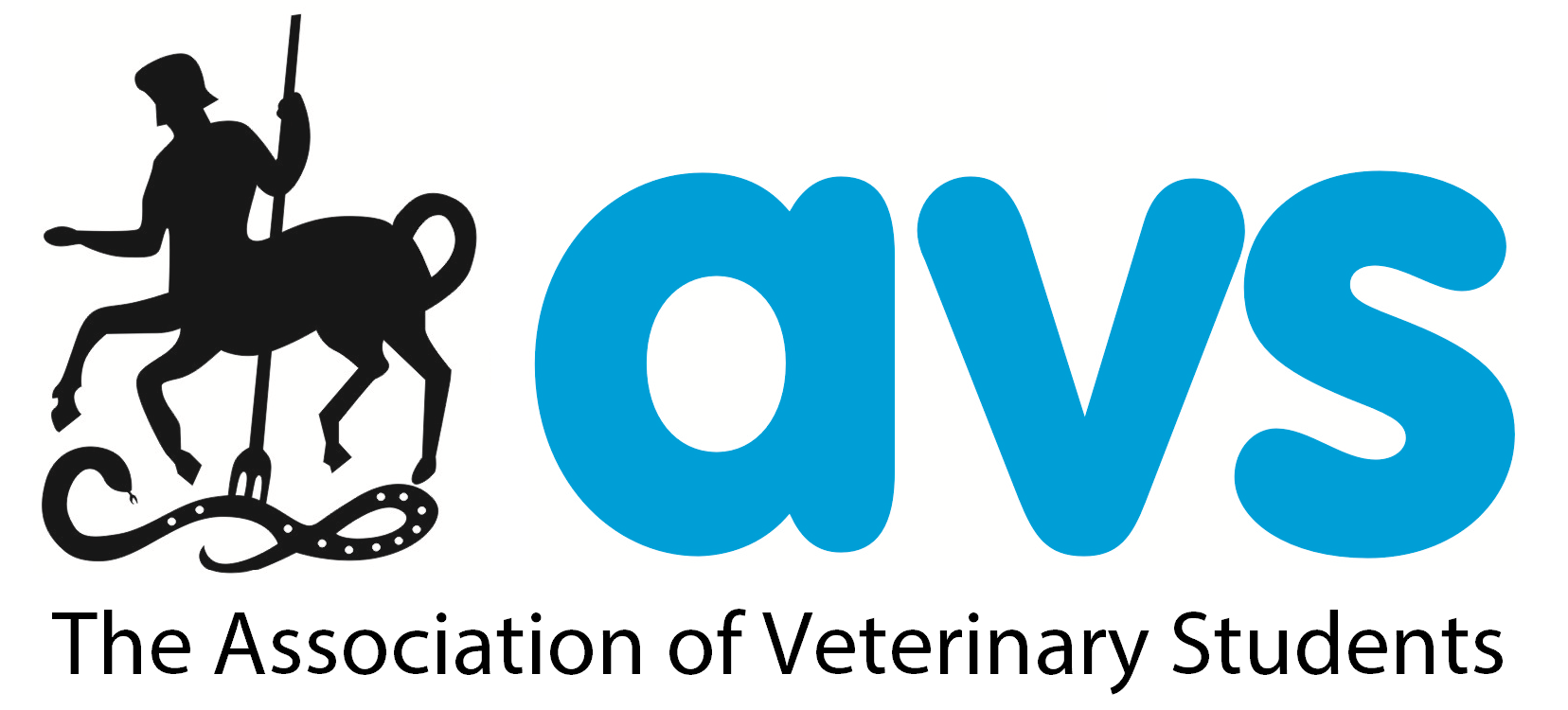EXTRA MURAL STUDIES - Making it work for students and practices
EXTRA MURAL STUDIES - Making it work for students and practices
with exclusive results from the AVS EMS Experience Survey
David Charles
Association of Veterinary Students (UK & Ireland) President 2018/19
What is The Association of Veterinary Students (UK & Ireland)?
The Association of Veterinary Students (UK & Ireland) is the representative body for all veterinary students studying within the UK & Ireland. AVS committee represent our members (approximately 96% of current veterinary students in UK & Ireland) on issues which concern them, produce resources and share advice on a group level to support our members.
The 2018/19 AVS Extra Mural Studies Project
One of AVS’ priority areas for 2018/19 was supporting students on Extra Mural Studies (EMS).
AVS have entered into a partnership with the Veterinary Defence Society to provide AVS’ Inaugural EMS Grants to help students with the financial burden of EMS, something which has been reported on widely, and as a result was not a core element researched in the EMS Experience Survey.1 These grants will open for application for the first time in Autumn 2018 and be awarded at AVS Congress 2019.2
The second part of AVS’ EMS project was to launch the first AVS EMS Experience Survey, and produce additional resources for practices as a result of this, to help structure the EMS placements they offer and optimise the experience for their EMS students.
The third part of the project was the launch of the AVS Clincial EMS Guide that will be given to every clinical veterinary student to support them throughout their clinical EMS journey.3
What are Extra Mural Studies (EMS)?
Completing Extra Mural Studies (EMS) is an RCVS requirement, that all veterinary students studying in the UK & Ireland must meet prior to obtaining their degree and becoming an MRCVS. EMS splits into 12 weeks of Pre-Clinical EMS and 26 weeks of Clinical EMS (also referred to as seeing practice). Universities set their own EMS placement suitability, recording and reflection criteria.
The RCVS states that: “EMS provides students with an unrivalled opportunity to gain real-life work experience that enhances their university-based studies…”
Most vet schools allow students to start clinical EMS from the third year of their degree, although it must be completed outside of university teaching time during the university holidays. As a result of the financial costs, many veterinary students undertake the majority of their clinical EMS close to their parental or family home, something that in itself can limit the exposure to certain types of veterinary practice and subsequently limit career opportunities.
Research aims and methods:
The survey was commissioned to allow AVS to seek student opinions on their EMS experiences to date. Students frequently voice concerns about the variability in quality of EMS and the distructure once students head out into practices on EMS. AVS also felt it would be valuable to survey some recent graduates to understand more about how EMS prepared students for working in practice as a new graduate, and to assess the link between EMS placements and first job opportunities.
The majority of previous EMS research has been centred around the costs student face in undertaking EMS during their holidays and the socio-economic restrictions students can face in acquiring EMS. As this has been analysed elsewhere by AVS and other organisations, it was not the primary aim of this survey.
This is the first time the survey has been conducted. The online survey was devised by the AVS Policy Subcommittee; it was open for seven weeks during the final term of the 2017/18 academic year, and AVS received 1282 valid responses. This equates to 24% of AVS UK & Ireland’s membership. The high response rate is incredibly valuable to the integrity of the data collected and the analysis of it.
The questions were broken down into three sections dependent upon the year group selected, these sections were;
● Recent graduate vets’ experiences of EMS & how EMS benefitted them in their first job
● Clinical vet students’ experiences of EMS and EMS aims (Years 3-5 + intercalated students who had undertaken Clinical EMS)
● Pre-clinical vet students’ awareness of clinical EMS and expectations of clinical EMS (Years 1-2 + intercalated students who had not yet started Clinical EMS)
Students who were categorised as clinical and attended Bristol were asked an additional set of questions regarding the Bristol Vet School “Foster Practice” system.
1 https://www.bva.co.uk/uploadedFiles/Content/Membership_and_benefits/BVA-AVS-Research-Report-2016.p df
2 http://www.avsukireland.co.uk/recent-news/3/5/2018/rc9ht6oyitgt88a0tr2254jmhn86oe; https://veterinaryrecord.bmj.com/content/182/25/ii
3 https://www.vettimes.co.uk/news/avs-launches-clinical-ems-guide/; bit.ly/AVSEMSGuide


